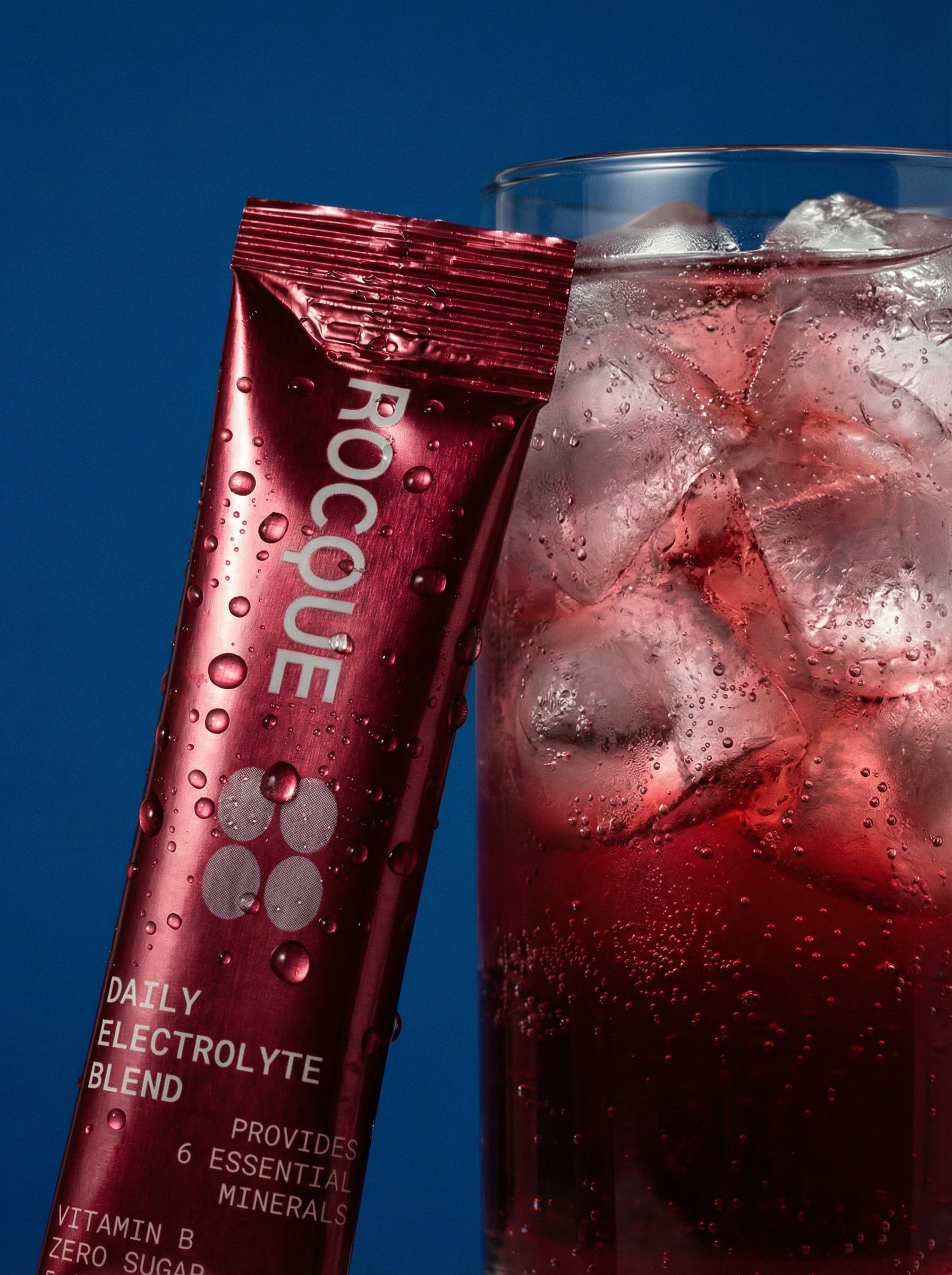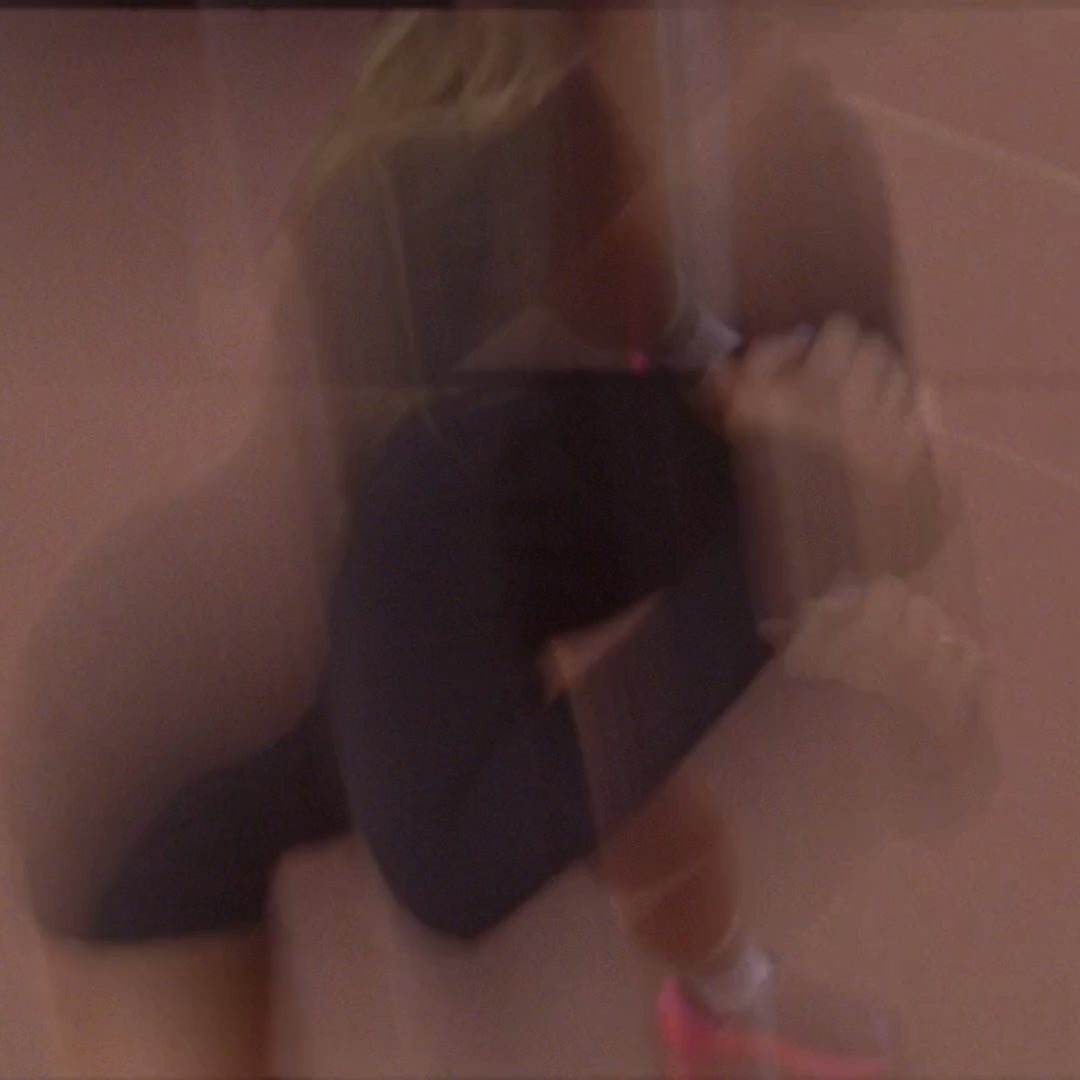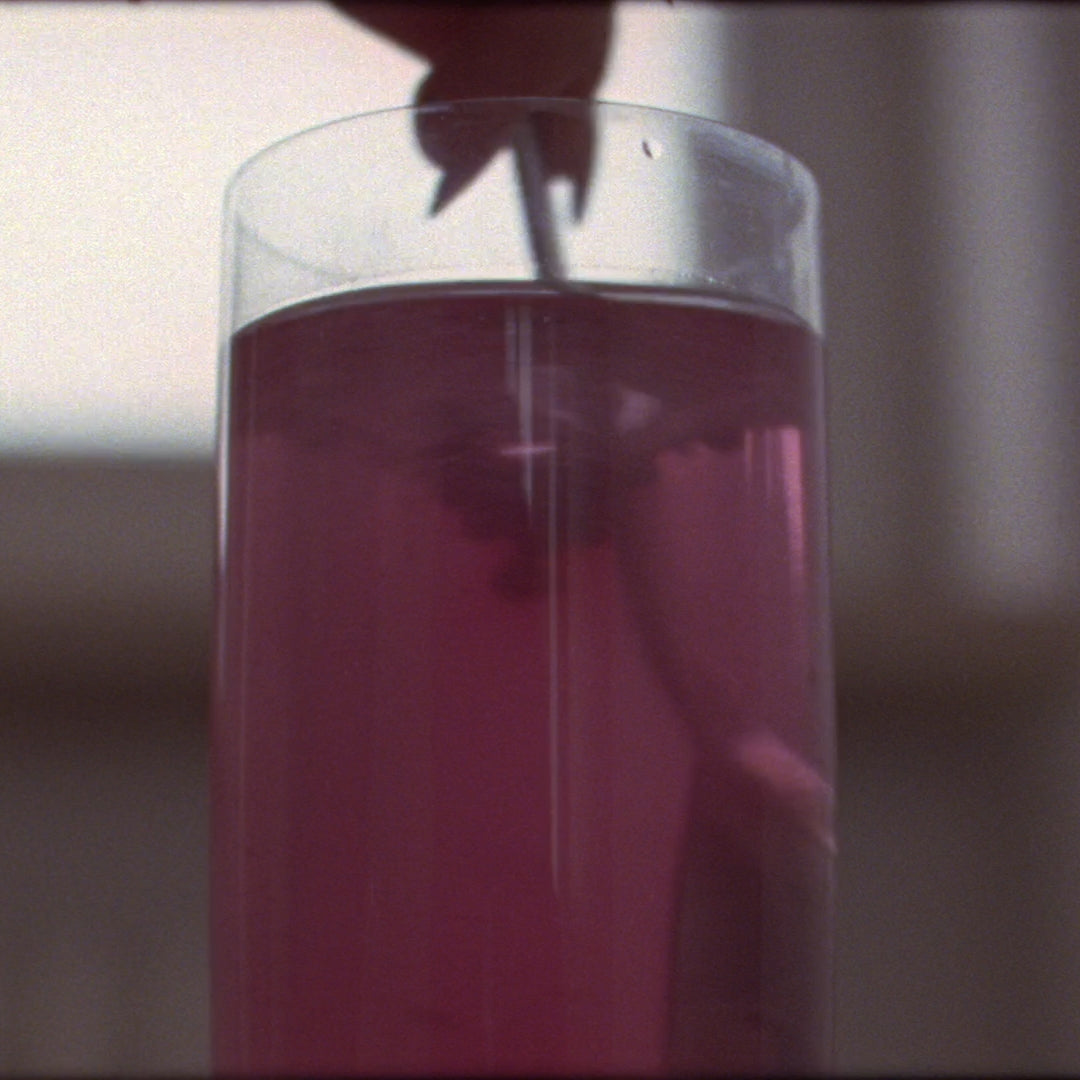Start Your Day Right: The Science of Morning Hydration
While you sleep, your body naturally loses fluids and electrolytes through breathing, sweating, and urine production. This can lead to mild dehydration by the time you wake up, often accompanied by symptoms like dry mouth, headache, fatigue, or dizziness. Rehydrating upon waking is critical—but it takes more than just water to do it effectively.
Why You Wake Up Dehydrated: The Science Behind It
1. Breathing Through the Mouth & Sleep Disorders
People who sleep with their mouth open or suffer from conditions like sleep apnea lose more moisture overnight. CPAP machines, commonly used for treating apnea, can also dry out mucous membranes. Moreover, poor sleep quality may reduce vasopressin release, a hormone essential for retaining water. A study in Sleep (Rosinger et al., 2018) showed that reduced vasopressin contributes to increased fluid loss during sleep.
2. Bedroom Temperature & Humidity
A warm or dry bedroom promotes sweating and respiratory water loss. According to research in Indoor Air (Seppänen et al., 2006), room conditions significantly affect hydration and next-day cognitive function. Both low humidity (which dries nasal passages) and high humidity (which limits evaporative cooling) can dehydrate you overnight.
3. Alcohol Before Bed
Even a glass or two of wine before sleep can dehydrate you. Alcohol suppresses antidiuretic hormone (ADH), increasing urination and electrolyte loss. Symptoms include dry skin, dizziness, and fatigue. Best (2019) notes that alcohol-induced dehydration can severely affect morning energy and focus.
4. Oversleeping (Yes, Really)
While too little sleep is harmful, excess sleep means more hours without replenishing fluids. As Harris-Pincus (2020) notes in Nutrition Reviews, sleeping beyond 9 hours can intensify symptoms of dehydration.
Why Water Alone Isn’t Enough in the Morning
Water rehydrates, but it doesn't replenish lost electrolytes like sodium, potassium, and magnesium. According to Popkin et al. (2010), effective hydration requires a proper balance of water and electrolytes. Without them, cells can't retain fluid, and symptoms of dehydration may linger even after drinking water.
For example:
-
Sodium helps retain fluid and regulates blood pressure.
-
Potassium supports nerve signaling and muscle function.
-
Magnesium reduces fatigue and supports cellular energy production.
Without these, you're likely to experience brain fog, sluggishness, or poor workout performance—even if you’ve had a glass of water.
Why Electrolytes in the Morning Work
Drinking an electrolyte-rich beverage like Rocque’s blend in the morning can:
-
Replenish overnight losses of sodium, potassium, and magnesium
-
Improve morning energy, mental clarity, and digestion
-
Support physical performance and hydration for early workouts
Starting your day with electrolytes helps your body rebalance quickly, hydrate effectively, and prepare for optimal performance—physically and cognitively.
Conclusion: Make Morning Electrolytes a Daily Ritual
Whether you're waking up groggy, planning a morning workout, or heading into a demanding workday, your hydration strategy matters. Water alone isn't enough. Adding a well-balanced electrolyte supplement to your morning routine supports cellular hydration, improves performance, and helps you feel your best—starting from the moment you wake up.
References
-
Rosinger, A.Y., et al. (2018). ‘Sleep duration, quality, and the risk of dehydration: The National Health and Nutrition Examination Survey’, Sleep, 41(9), pp. 1–9.
-
Seppänen, O., et al. (2006). ‘Effect of temperature and humidity on the performance of office work’, Indoor Air, 16(1), pp. 28–36.
-
Best, M. (2019). ‘Alcohol consumption and its impact on hydration’, Journal of Alcohol Research, 40(2), pp. 123–130.
-
Harris-Pincus, A. (2020). ‘The role of sleep in fluid management and hydration’, Nutrition Reviews, 78(3), pp. 215–225.
-
Popkin, B.M., et al. (2010). ‘Water, hydration, and health’, Nutrition Reviews, 68(8), pp. 439–458.




